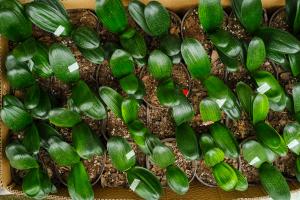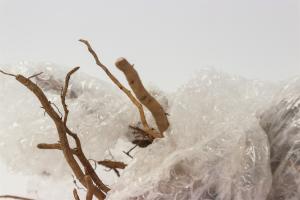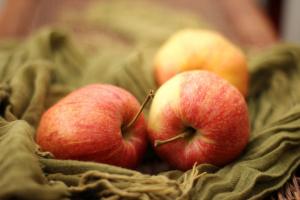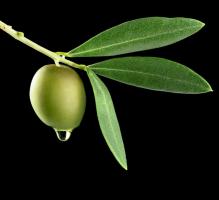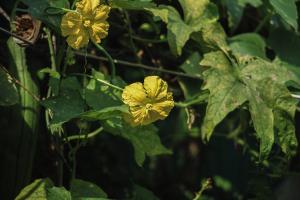1、 Breeding environment
1. Soil: the soil with good air permeability should be used for breeding green bamboo. The fertile and slightly acidic soil is the best. It can be mixed with perlite, peat and vermiculite
2. Watering: there should be sufficient water during the growth of green bamboo. After growing, watering can be reduced appropriately, otherwise it will grow in vain and the internodes will be elongated. Watering should be carried out after the soil becomes dry for daily maintenance. Watering must be thorough
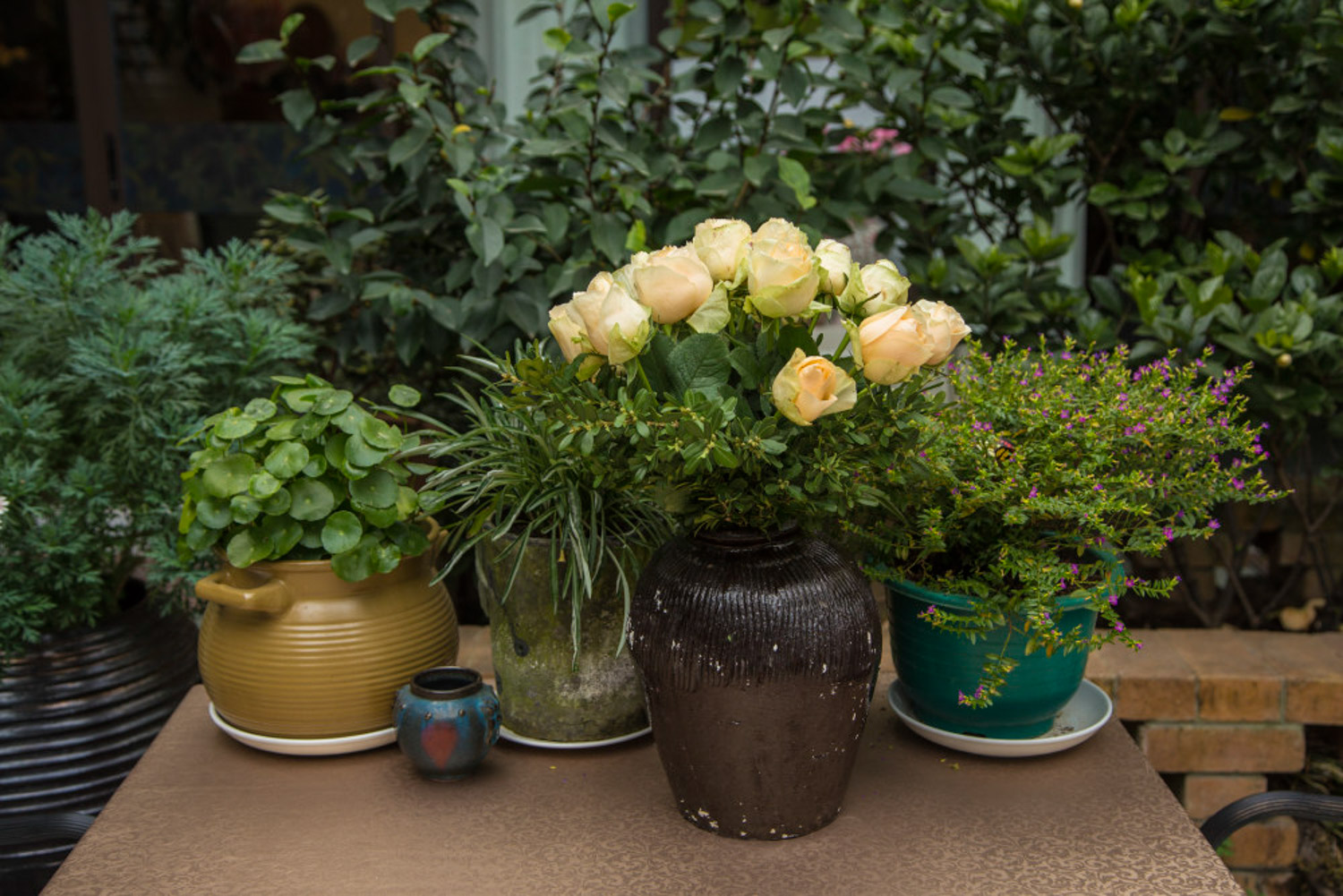
3. Temperature: it's best to control the temperature at about 25 ℃. If the temperature is lower than - 5 ℃, its leaves will be damaged by freezing, and if it is lower than - 7 ℃, the green bamboo will freeze to death. Therefore, when the temperature is low in winter, the temperature must be properly adjusted to make it survive the winter safely
4. Fertilization: the fertilization of green bamboo is generally based on organic fertilizer. Fertilization should be carried out in autumn and winter, which can improve its overwintering ability
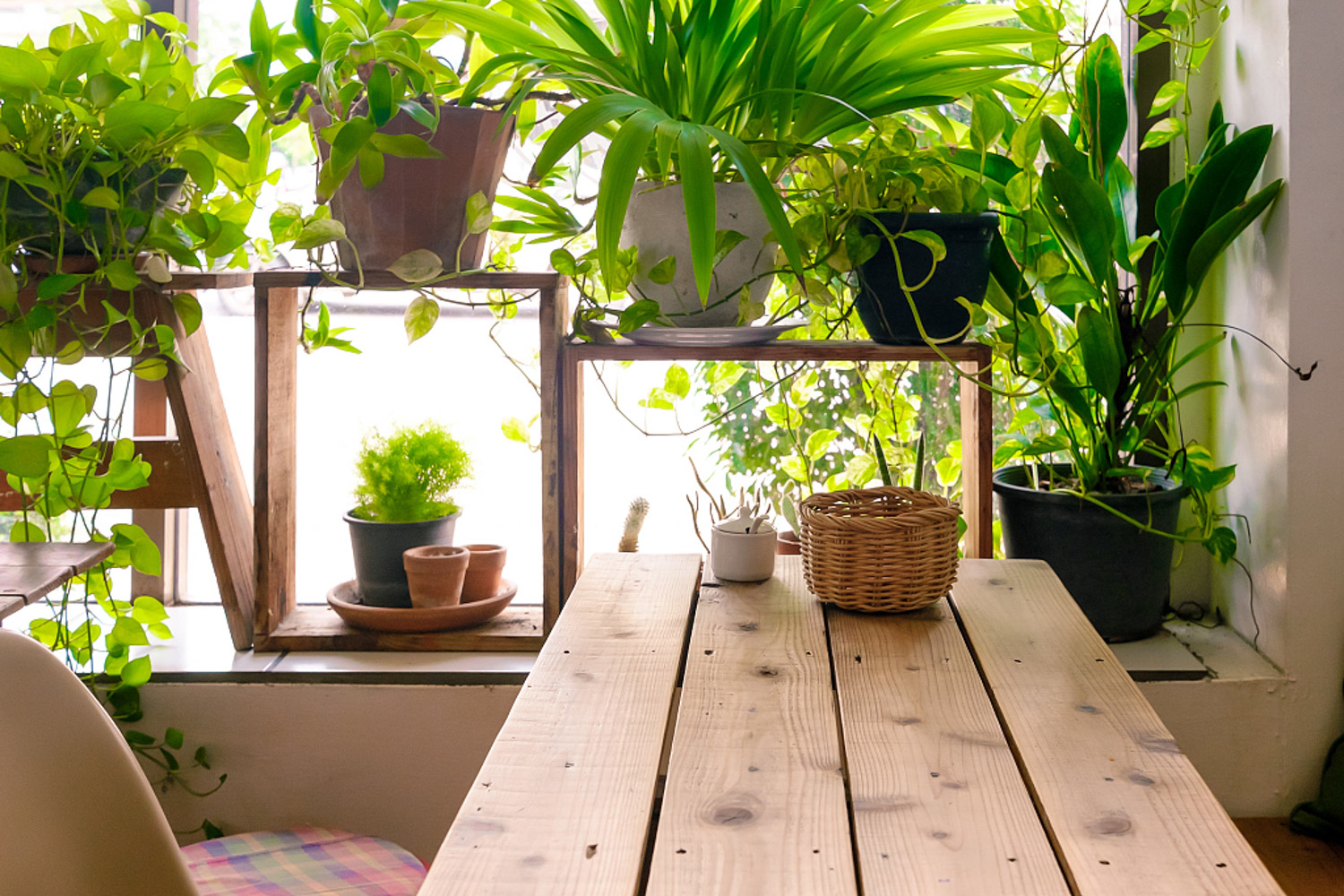
2、 Common diseases and insect pests
1. Bamboo rust: when the harm degree is low, there will be orange yellow summer spore piles on the back of the leaves. If the harm is serious, it will cause a large number of leaves to fall off. The diseased leaves and branches should be cut off at the early stage of the disease, and sprayed with Bohr solution to prevent secondary infection. Air flow should be ensured at ordinary times
2. Bamboo leaf roller: this kind of insect is very common. After being damaged, the bamboo leaves will be eroded by it, and the bamboo branches will turn yellow, which will affect its normal growth. After being found, it can be removed manually or sprayed with trichlorfon. If it is found in adults, it is best to trap it with a black light lamp
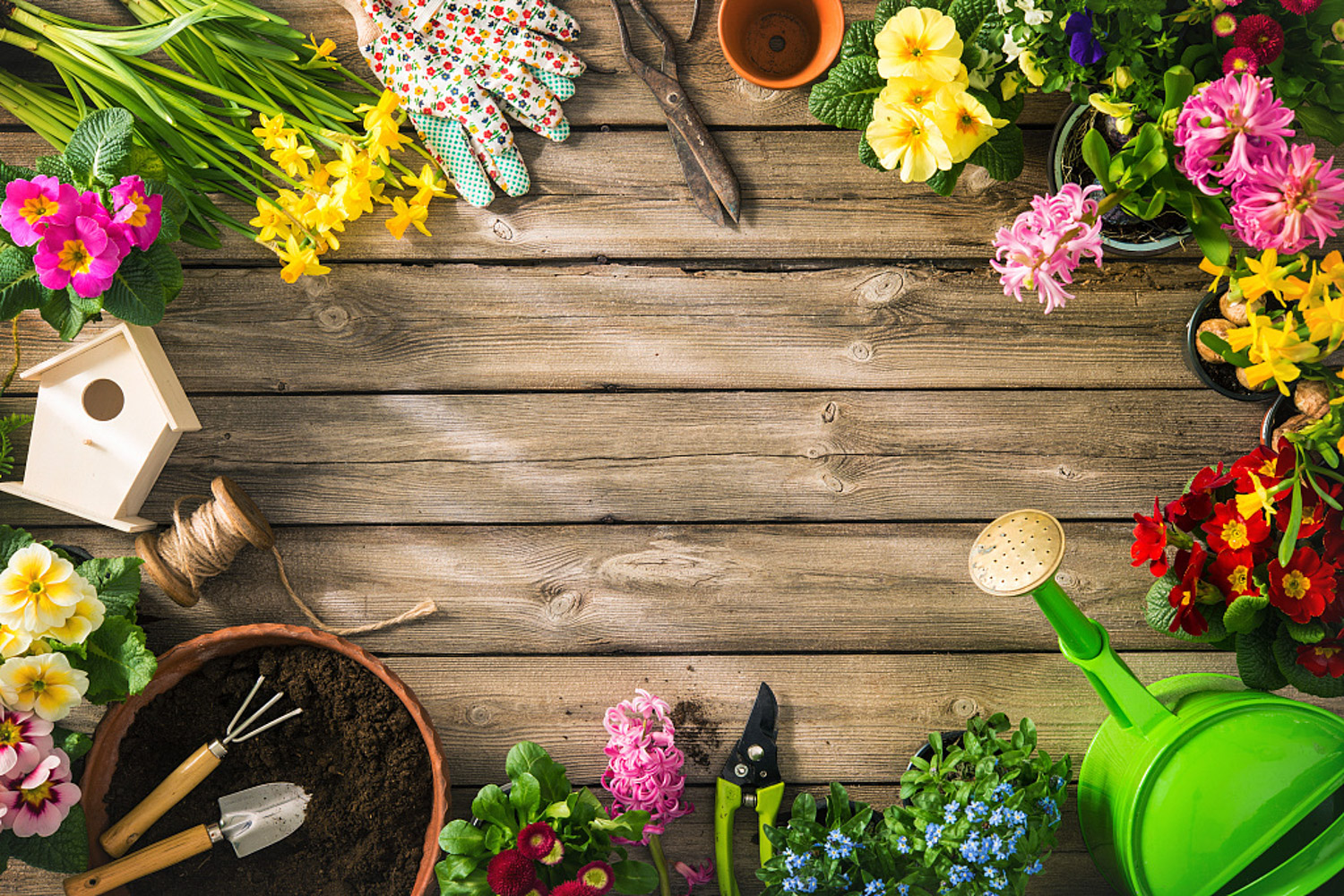

 how many times do yo...
how many times do yo... how many planted tre...
how many planted tre... how many pine trees ...
how many pine trees ... how many pecan trees...
how many pecan trees... how many plants comp...
how many plants comp... how many plants can ...
how many plants can ... how many plants and ...
how many plants and ... how many pepper plan...
how many pepper plan...